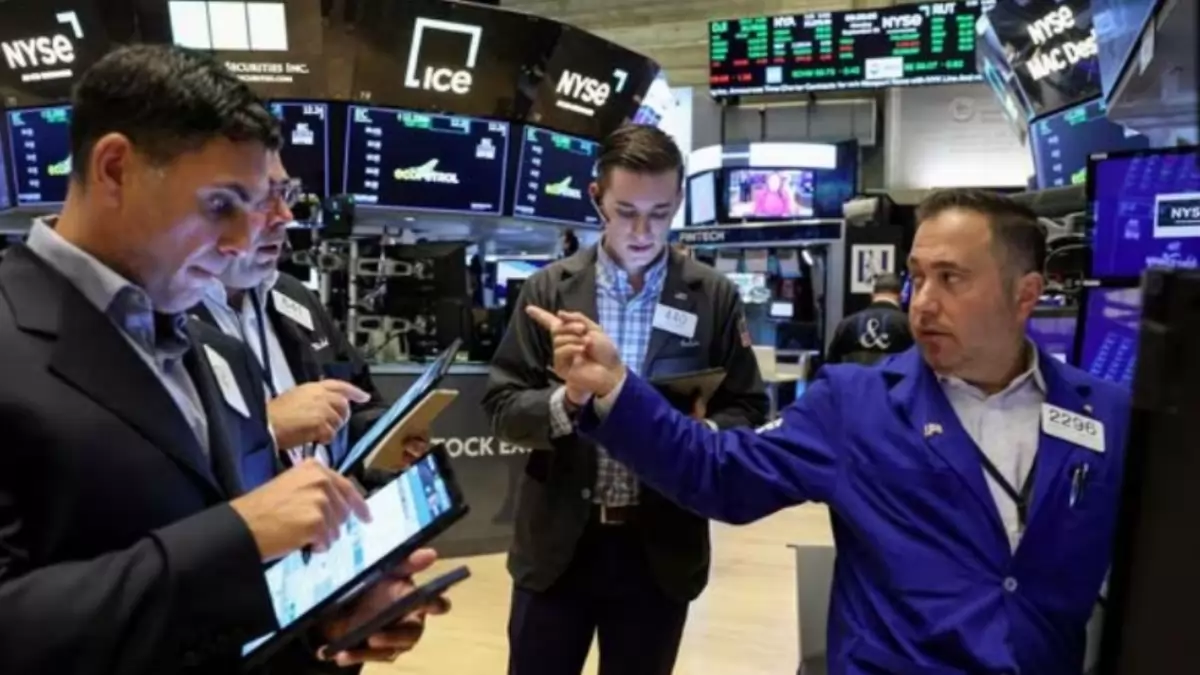
X
In a surprising turn of events, the United States has showcased economic resilience, surpassing China with a remarkable 6.3% rise in nominal GDP compared to China's 4.6% in 2023. This unexpected performance is attributed to the strength of the American consumer sector and a stock market reaching unprecedented highs, contrasting with China's challenges, including a bear market exceeding $6 trillion.
Despite grappling with high inflation, the US economy managed to grow 3.3% in real terms in Q4, with inflation gradually returning towards the Federal Reserve's 2% target. This shift in fortunes highlights the US's post-pandemic strength compared to China's struggles with a real estate downturn and deflationary pressures.
The economic landscape presents a stark contrast between the United States and China. While the US thrives, China faces significant headwinds, including a prolonged real estate downturn, deflationary pressures, and a decline in exports. Some analysts express skepticism regarding China's reported GDP growth of 5.2% in 2023, and the country grapples with surging youth unemployment.
The pandemic has laid bare deep structural weaknesses within China's economy, and these challenges are expected to persist throughout the decade. Critics, including Adam Posen of the Peterson Institute for International Economics, point to President Xi Jinping's authoritarian approach, attributing it to what he terms "economic long Covid" – a prolonged state of economic malaise.
What happened today?⚠️
— Macro Dose (@macro_dose) January 26, 2024
Let’s break down some of the main takeaways from what was a busy day
1. US GDP slammed expectations, showing ongoing robust economic growth, driven by consumer spending, government spending and exports:
GDP QoQ 3.3% (Exp. 2%, Prev. 4.9%)
The above… pic.twitter.com/Aoc3JmZjck
While the US enjoys unexpected economic strength, the Federal Reserve's next moves are pivotal in sustaining this momentum. Striking the right balance is crucial, as overly tight policies risk triggering a downturn, particularly with early signs of weakness in the job market.
Julia Coronado of MacroPolicy Perspectives acknowledges increased recession risks but remains optimistic about avoiding a downturn. Long-term concerns for the US include a historically high budget deficit. However, some experts, like Posen, hold the belief that the US might be on the cusp of a productivity growth spurt, potentially enabling faster economic growth without fueling inflation.
The divergent paths of the US and China in the economic landscape underscore the uncertainties prevailing in the global market. While the US celebrates unexpected resilience and growth, China grapples with formidable challenges.
The Federal Reserve's role in navigating these uncertainties and the potential for a US productivity surge adds intriguing dimensions to the economic narrative, leaving us to ponder the course of the global economic landscape in the coming years.





Copyright © 2025 Top Indian News
